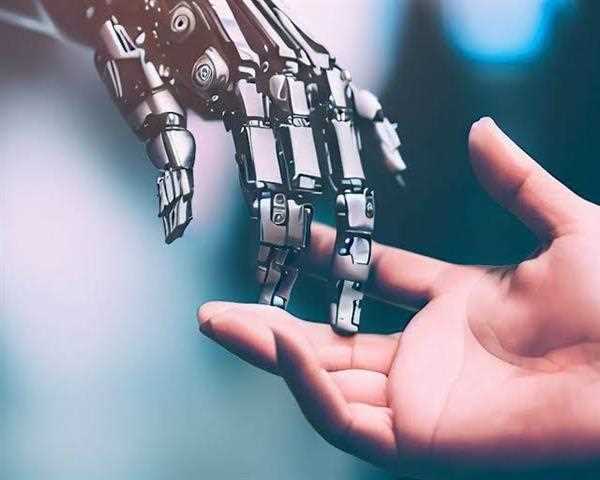The field of artificial intelligence (AI) and automation is experiencing rapid advancements, transforming various industries and raising important debates. Here are some of the major developments and debates in this field:

Major Developments in AI and Automation:
1. Machine Learning and Deep Learning: Machine learning techniques, particularly deep learning, have revolutionized AI by enabling computers to learn from vast amounts of data and make predictions or decisions. Deep learning has powered significant advancements in image and speech recognition, natural language processing, and autonomous systems.
2. Robotics and Automation: Robotics and automation technologies have advanced significantly, leading to the development of autonomous vehicles, industrial robots, and smart manufacturing systems. These technologies have the potential to enhance efficiency, productivity, and safety in various industries.
3. Natural Language Processing: Natural language processing (NLP) has made significant progress, enabling machines to understand and generate human language. NLP applications include virtual assistants, chatbots, language translation, sentiment analysis, and text summarization.
4. Explainable AI: As AI systems become more complex, there is a growing need for explainable AI. Researchers are working on developing methods to explain the decision-making process of AI algorithms, increasing transparency and accountability.
5. AI in Healthcare: AI applications in healthcare are expanding, ranging from medical image analysis and diagnosis to drug discovery and personalized medicine. AI has the potential to improve patient outcomes, enhance diagnostics, and optimize healthcare delivery.
Debates in AI and Automation:
1. Ethical Implications: AI and automation raise ethical concerns regarding privacy, bias, and the impact on jobs. Questions around data privacy, algorithmic fairness, and the potential displacement of human workers by automation have sparked debates and discussions.
2. AI Bias and Discrimination: Bias in AI algorithms has become a pressing issue. AI systems trained on biased data may perpetuate societal prejudices and discriminatory practices. Ensuring fairness, transparency, and accountability in AI decision-making is a crucial topic of debate.
3. Job Displacement and Workforce Impact: The automation of certain tasks and jobs has raised concerns about job displacement and the future of work. The debate revolves around how AI and automation will affect employment, skills requirements, and the need for retraining and upskilling.
4. AI Governance and Regulation: There is ongoing discussion about the need for governance frameworks and regulations to address the ethical, legal, and societal implications of AI. Developing responsible AI guidelines and establishing regulatory frameworks that balance innovation and societal well-being are key points of debate.
5. Security and Privacy Risks: The increasing reliance on AI and automation raises concerns about cybersecurity vulnerabilities and privacy risks. Protecting AI systems from malicious attacks and ensuring the security of sensitive data used by AI algorithms are critical aspects of the debate.
6. Social Impact and Inequality: AI and automation have the potential to exacerbate societal inequalities if not implemented thoughtfully. The debate centers around ensuring equitable access to AI technologies, addressing the digital divide, and mitigating the potential negative social impacts of AI and automation.
Navigating these debates and challenges requires interdisciplinary collaboration, involving experts from technology, ethics, law, and social sciences. Striking the right balance between technological advancements, ethical considerations, and societal impact is crucial for harnessing the full potential of AI and automation while addressing their associated challenges.